Poland's competition watchdog UOKiK has launched a formal investigation into Apple's App Tracking Transparency feature, adding weight to a growing European regulatory movement questioning whether the tech giant is leveraging privacy protection as a competitive advantage. The investigation reveals a fundamental concern about asymmetry in how privacy rules apply to Apple versus third-party developers in the mobile advertising ecosystem.
The investigation centers on allegations that Apple circumvents its own ATT rules to deliver personalized ads on platforms like the App Store, according to WCCFtech. UOKiK President Tomasz Chrostny expressed concerns that this situation potentially increases "Apple's competitive advantage over independent publishers," as reported by MacRumors.
The core allegation exposes a double standard: while third-party apps must navigate Apple's consent framework, Apple's own platforms may operate under different rules entirely. Polish authorities contend that Apple doesn't request user permission under the ATT framework for its proprietary apps and services, according to WCCFtech. This means Apple can potentially use anonymized device identifiers for personalized advertising without explicit user consent, while competitors face significant barriers to accessing similar data.
How App Tracking Transparency creates unequal playing fields
Understanding how Apple's ATT system works reveals why regulators across Europe are raising red flags. The framework, launched with iOS 14.5 in April 2021, requires all iPhone and iPad applications to request user permission before tracking activity across other apps, according to MacRumors. Apps seeking to track users through their device's unique advertising identifier can only proceed if users explicitly grant permission when prompted.
The system creates an anonymized identifier for each device that lacks personal details, as noted by WCCFtech. But the competitive concerns emerge from how this identifier gets used differently depending on who's asking. Third-party developers face up to four consent dialogues in some cases, while Apple's own applications only require two, according to German competition law analysis.
This disparity in user experience design creates what researchers describe as "dark patterns"—interface choices that may psychologically steer users toward rejecting third-party tracking while accepting Apple's data processing. Apps that depend on advertising revenue, particularly free applications funded through personalized ads, face serious challenges when users decline tracking permission, as highlighted in the German analysis. Meanwhile, Apple's definition of "tracking" specifically covers data processing for advertising purposes across different companies, potentially exempting the company's own cross-platform data usage.
The technical implementation amplifies these fairness concerns. While competitors navigate multiple consent barriers, Apple potentially accesses that anonymized identifier without the same restrictions—creating what amounts to an express lane on a highway where everyone else faces toll booths.
Europe's coordinated regulatory response escalates
Poland's investigation represents part of a broader European regulatory strategy that treats Apple's privacy features as potential competition violations. Similar probes are underway in Germany, Italy, and Romania, all examining whether the privacy feature violates competition rules by restricting access to essential advertising data while strengthening Apple's market position, according to MacRumors.
Germany has taken the most aggressive stance to date. The German Federal Cartel Office issued formal charges against Apple following a three-year investigation into the ATT framework, as reported by Reuters. German regulators argue that the tool makes it "far more difficult for competing app publishers to access the user data relevant for advertising" while giving Apple preferential treatment. The investigation began in June 2022, and the Federal Court of Justice is expected to deliver its ruling on Apple's appeal in March 2025, according to the German competition law analysis.
France has moved beyond investigation to enforcement action. In March, France's Competition Authority imposed a €150 million ($162 million) fine on Apple over the framework's implementation, as noted by MacRumors. French regulators determined that Apple's system prevented third-party application makers and advertisers from complying with European privacy law by requiring excessive consent procedures that led to fewer user opt-ins, according to Bloomberg Law.
This coordinated European approach represents a significant shift in regulatory thinking—treating privacy and competition as interconnected issues rather than separate concerns. Regulators are no longer simply asking whether Apple protects user privacy, but whether Apple uses privacy as a competitive weapon while creating unfair advantages for its own services.
Apple's strategic challenges multiply under regulatory pressure
Apple faces mounting compliance costs and strategic dilemmas as regulatory pressure intensifies across multiple European jurisdictions. The company has invested substantial resources in addressing European requirements—engineers have spent "hundreds of thousands of hours" on regulatory changes, with "thousands" of employees across various departments involved in compliance efforts, according to a regulatory analysis.
Apple's defense strategy emphasizes user benefits over competitive advantages. The company maintains that the ATT framework "gives users more control of their privacy" and has received "strong support" from "consumers, privacy advocates, and data protection authorities around the world," according to Bloomberg Law. However, the company has also issued warnings about potential consequences, stating that "intense pressure could force us to withdraw this feature, to the detriment of European consumers," as reported by MacRumors.
If violations are established, Apple faces more than just financial penalties, as noted by Economic Times. The company may need to fundamentally restructure how its privacy features operate in European markets. This could require treating Apple's own applications as untrusted third-party software or abandoning the integrated approach that defines much of the company's privacy and security differentiation, according to the regulatory analysis.
The strategic implications extend beyond immediate compliance costs. Apple has built much of its recent brand identity around being the privacy-focused alternative to companies like Google and Meta. Having to dismantle or significantly modify that approach in major markets could undermine a core differentiator, while continuing to fight these battles across multiple European jurisdictions consumes enormous resources and creates ongoing uncertainty.
Redefining the balance between privacy protection and fair competition
The European investigations reflect a fundamental challenge in digital market regulation: ensuring that privacy protection doesn't become a tool for market manipulation. Officials suspect that Apple's policy may restrict third-party data collection while providing Apple's advertising services with an unfair advantage, according to Economic Times.
European regulators are establishing a principle that privacy features cannot operate in a competitive vacuum. If platforms implement privacy protections, those protections must apply fairly across all market participants—including the platform's own services. This approach makes sense from a competition perspective but raises complex questions about implementation and potential unintended consequences.
The outcome of Poland's probe, alongside similar investigations across Europe, will likely establish precedents for how tech giants can implement privacy features without violating competition law. Success for regulators might require more standardized, less integrated approaches to privacy across platforms. However, overly broad enforcement could potentially weaken privacy protections by forcing platforms to adopt lowest-common-denominator approaches to data handling.
Bottom line: These investigations represent European regulators' attempt to solve one of the defining challenges of the digital age—ensuring that privacy protection serves users rather than platform owners. The stakes are high for Apple's business model and brand identity, but they're equally high for anyone who cares about both meaningful privacy protection and fair competition in digital markets. The resolution will influence how privacy and competition law interact in the mobile advertising ecosystem for years to come.










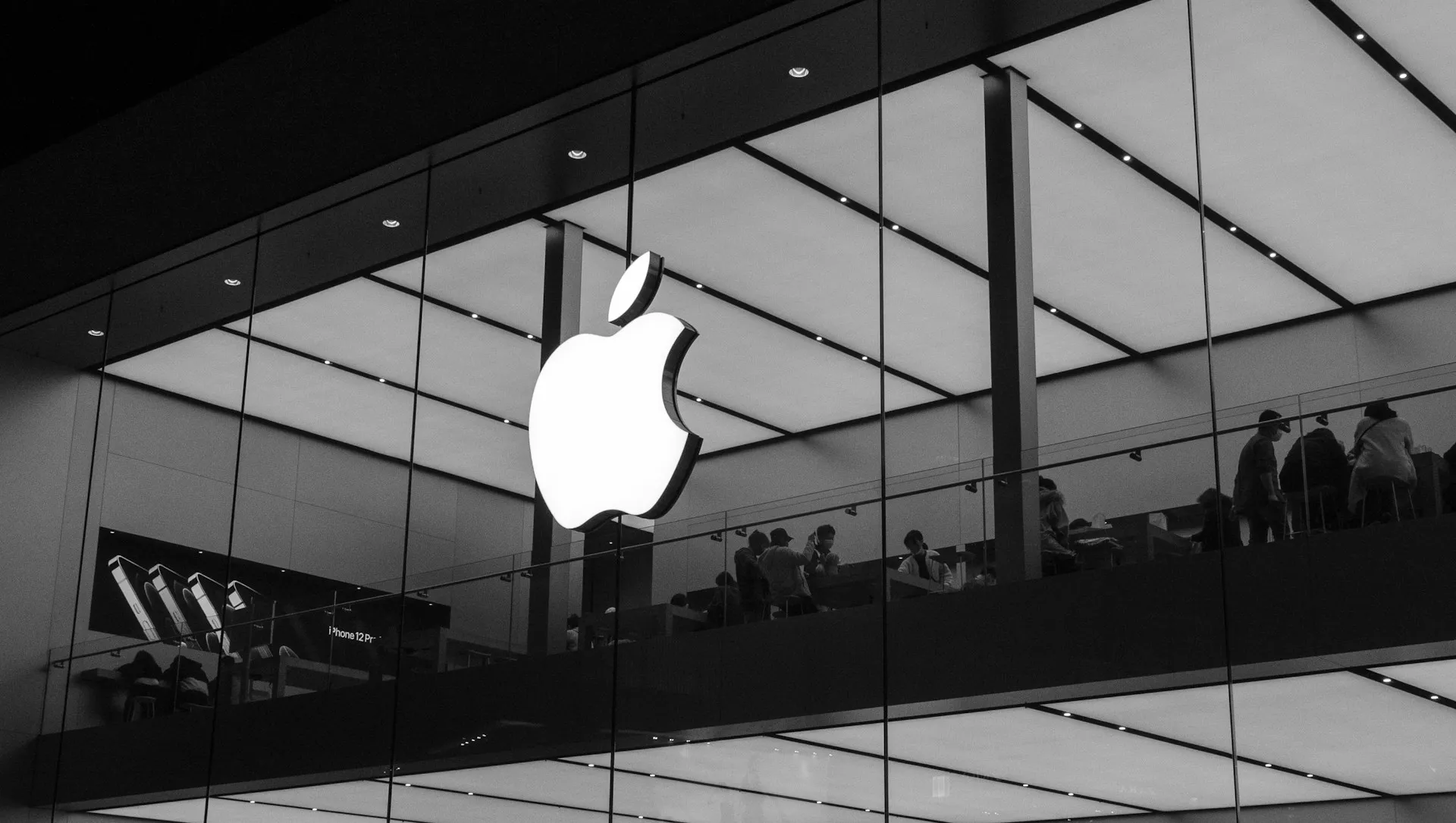



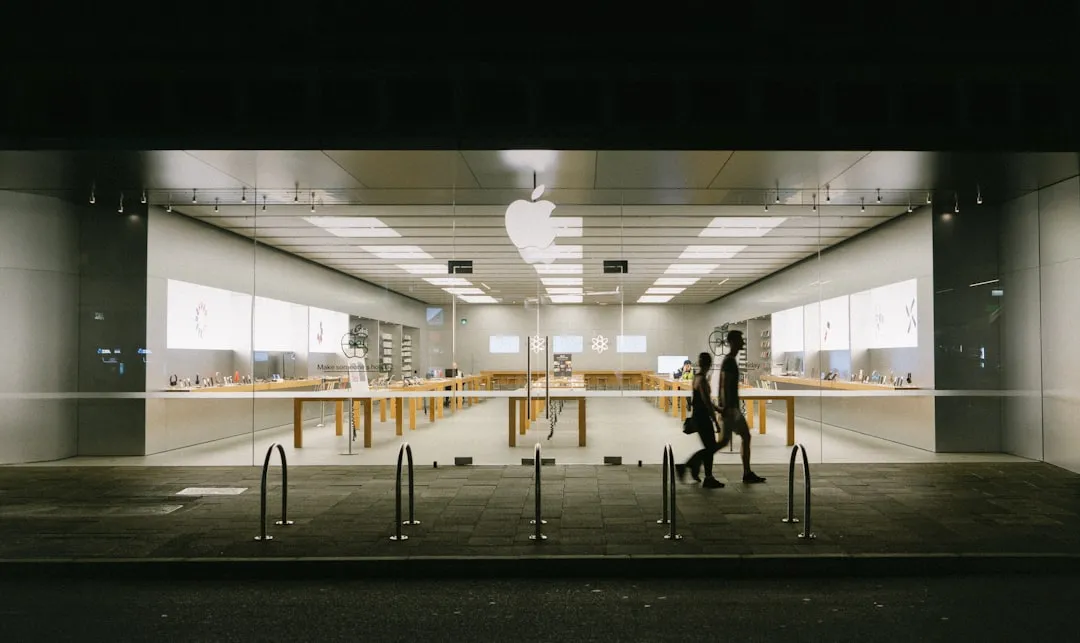

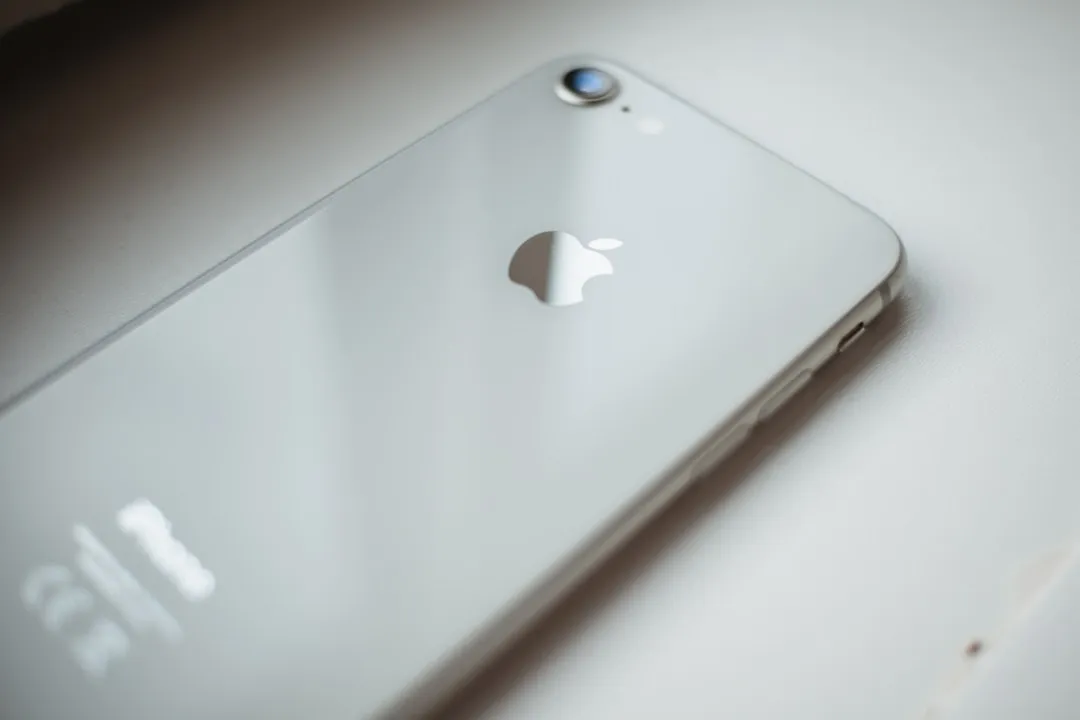
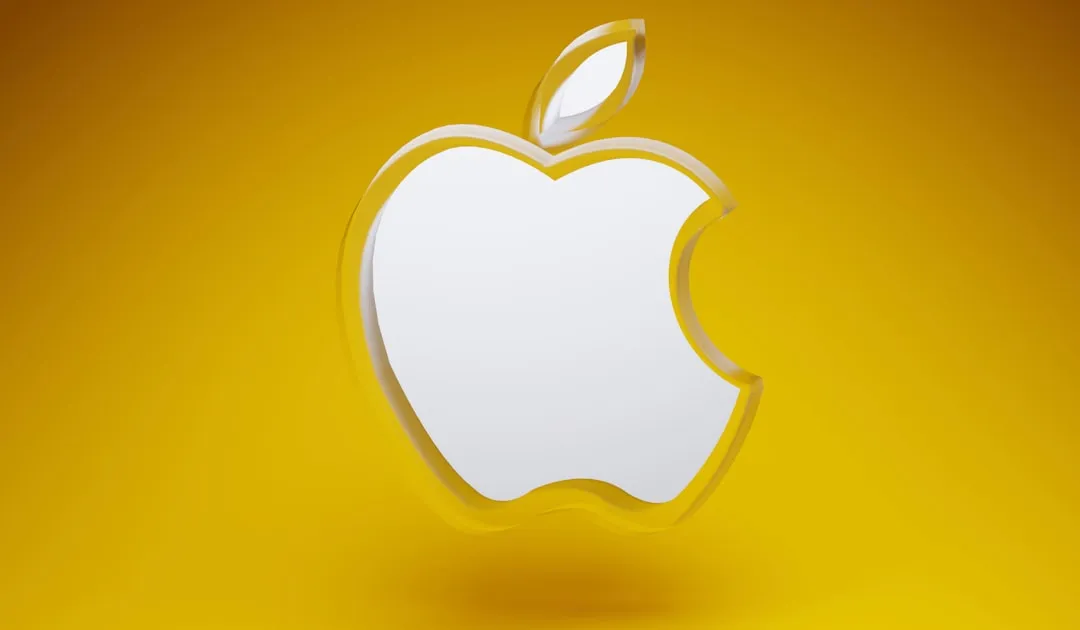
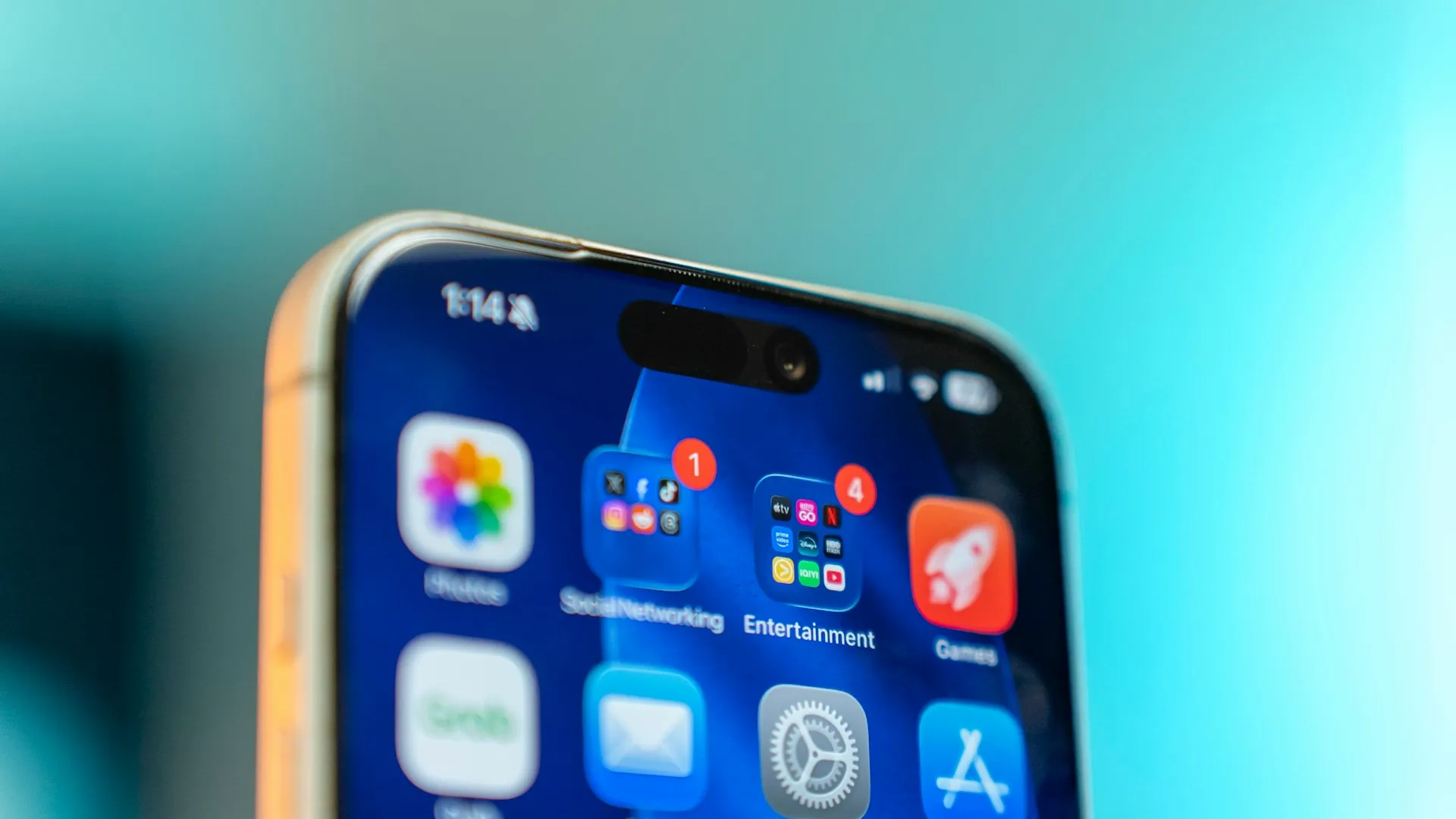
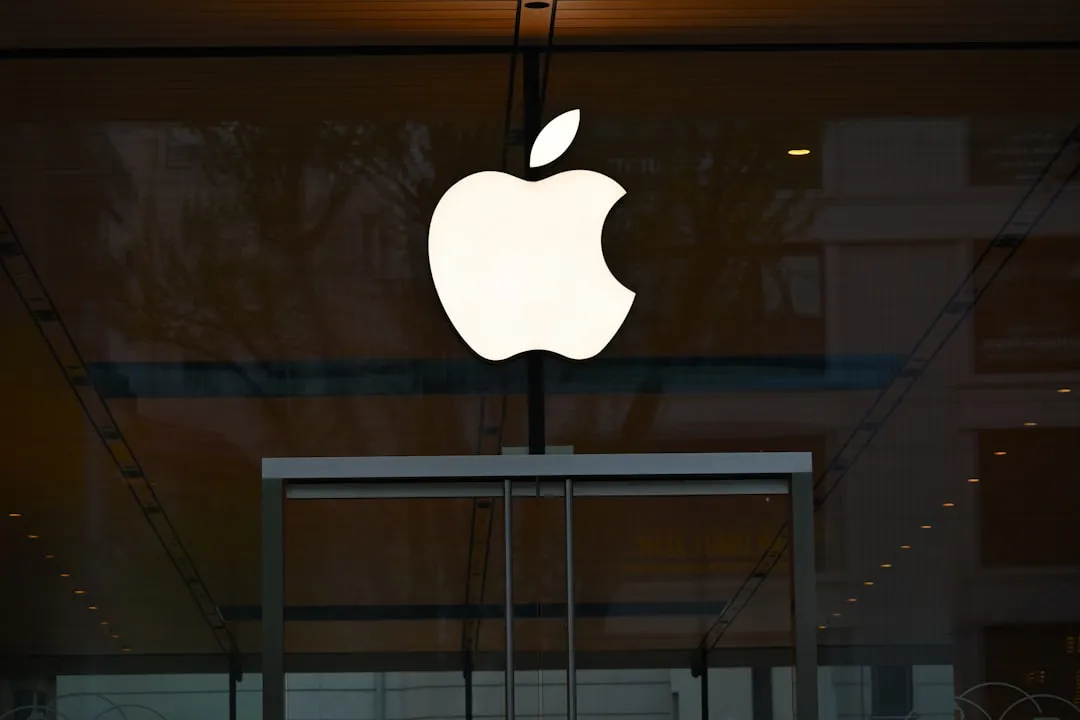

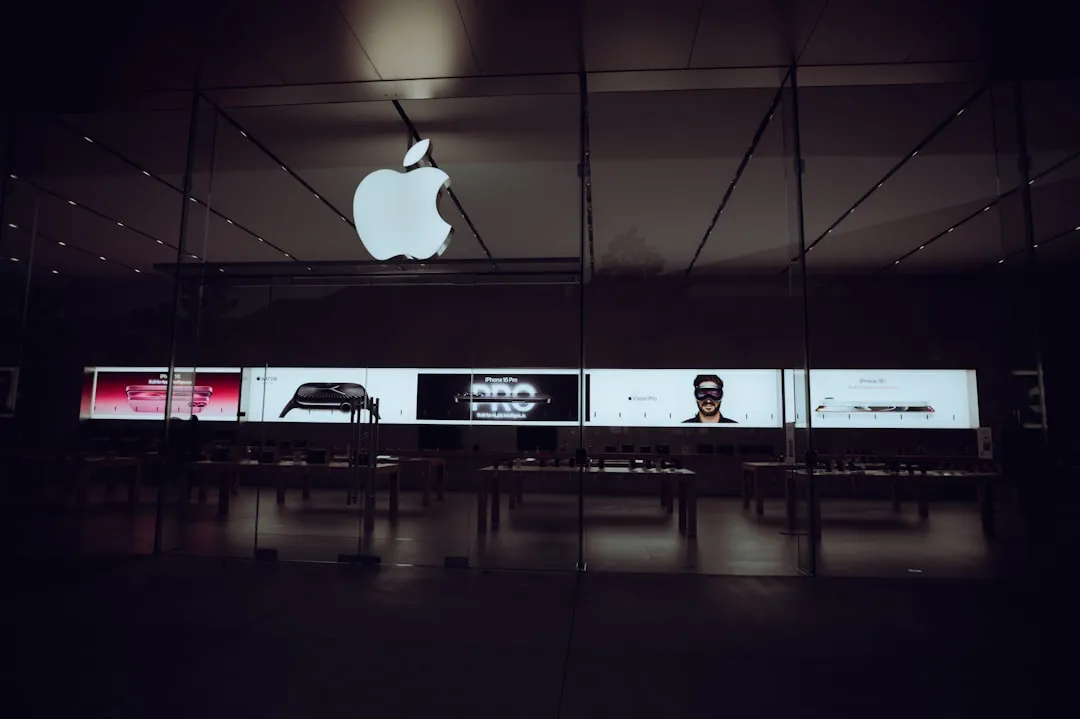
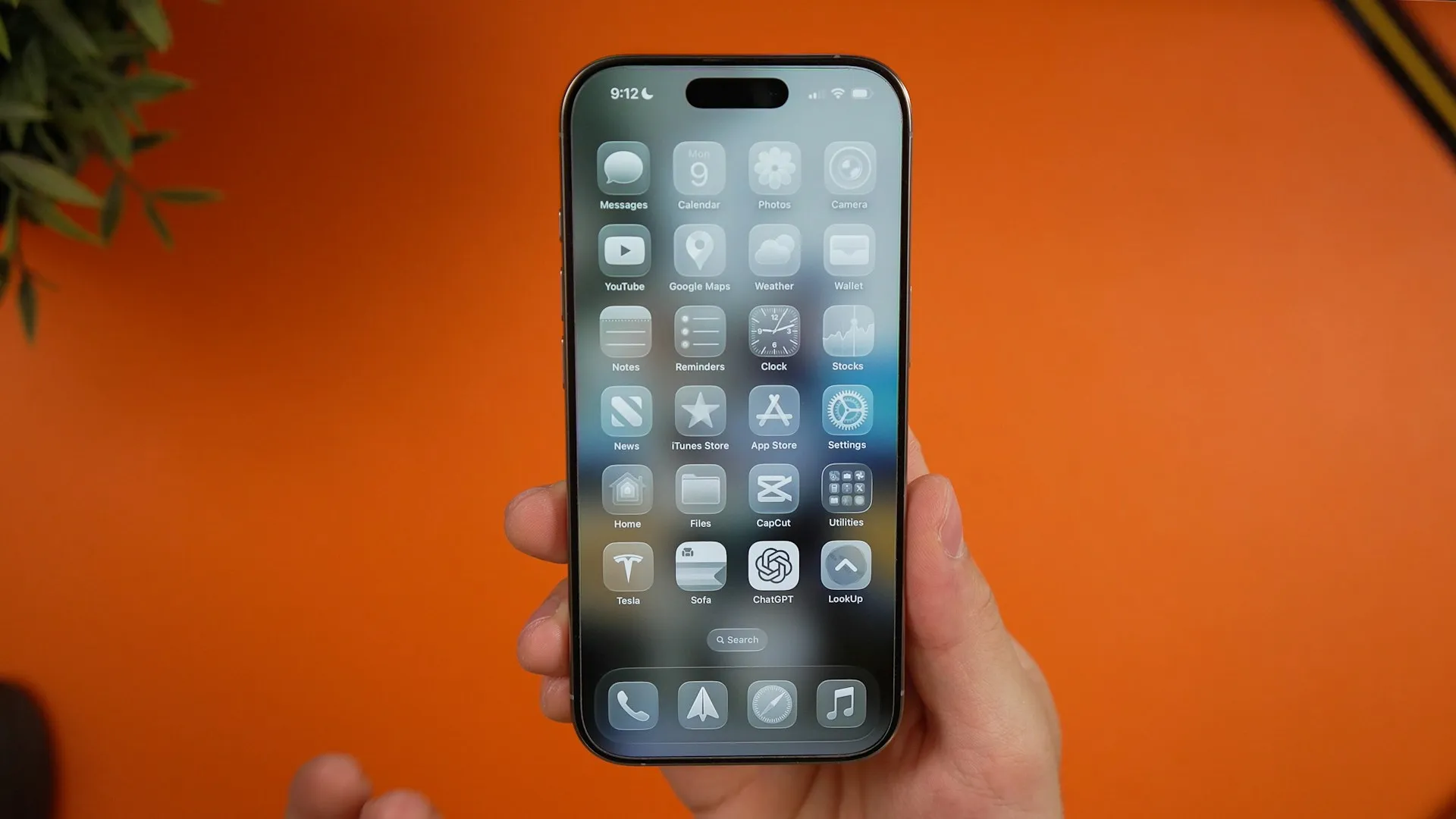
Comments
Be the first, drop a comment!